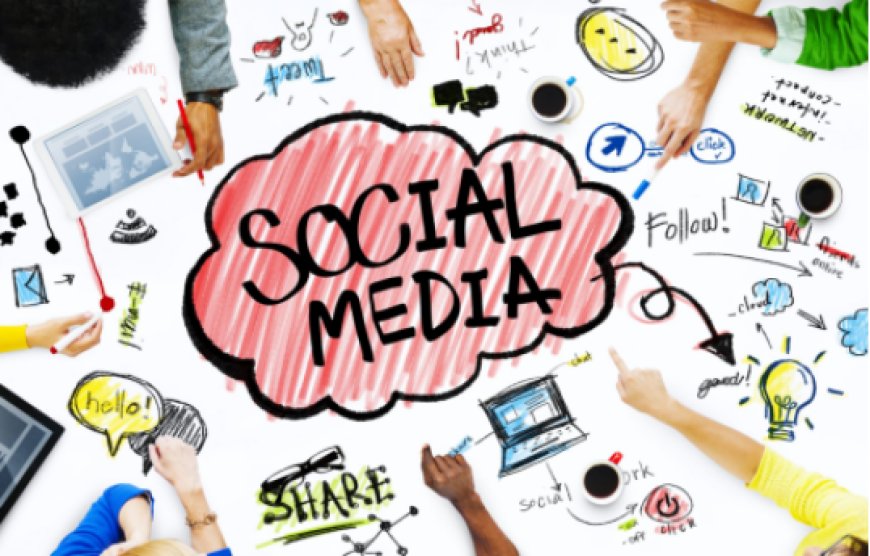The Rise of Social Media Addiction: Exploring Countries at the Forefront
In the digital age, social media has revolutionized the way we connect, share information, and perceive the world around us. From sprawling urban centers to remote villages, its influence knows no bounds. Yet, as social media platforms evolve and permeate deeper into our daily lives, the phenomenon of social media addiction has emerged as a significant global concern.Here are some countries where social media addiction has taken a notable hold:

South Korea
Renowned for its advanced technology and high internet penetration rates, South Korea is often cited as a hotspot for social media addiction. The country boasts one of the fastest and most widespread broadband networks globally, facilitating constant connectivity. Issues such as cyberbullying and sleep deprivation linked to excessive internet use have prompted government intervention and public awareness campaigns.
United States
As a pioneer in social media innovation, the United States ranks high in terms of both usage and addiction. Platforms like Facebook, Instagram, and Twitter have deeply embedded themselves in American culture, influencing everything from politics to personal relationships. Concerns over privacy breaches and the impact on mental health have sparked debates and calls for regulatory measures.
United Kingdom
In the United Kingdom, social media addiction has become a growing concern among youth and adults alike. The widespread use of platforms like Snapchat and TikTok has reshaped social interactions and contributed to issues such as cyberbullying and self-esteem issues. Mental health experts emphasize the need for digital detoxes and balanced online/offline lifestyles.
China
With its own unique social media ecosystem dominated by platforms like WeChat, Weibo, and Douyin (TikTok), China faces distinct challenges related to social media addiction. The country's stringent internet regulations and high smartphone ownership rates contribute to a pervasive digital culture. Concerns over online censorship and addiction-related mental health issues have prompted efforts to promote responsible digital habits.
Social media addiction transcends geographical boundaries, impacting individuals and societies worldwide. While these platforms offer unprecedented connectivity and opportunities, they also present challenges that require careful consideration and proactive solutions. By fostering digital literacy, promoting healthy online habits, and prioritizing mental well-being, we can harness the benefits of social media while mitigating its potential harms.
What's Your Reaction?





















































